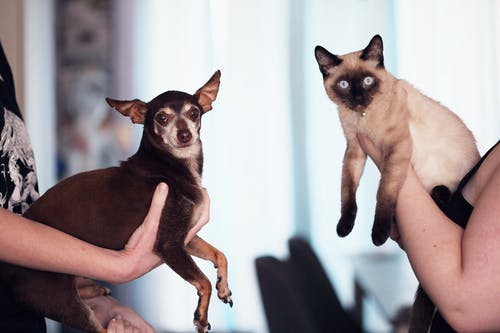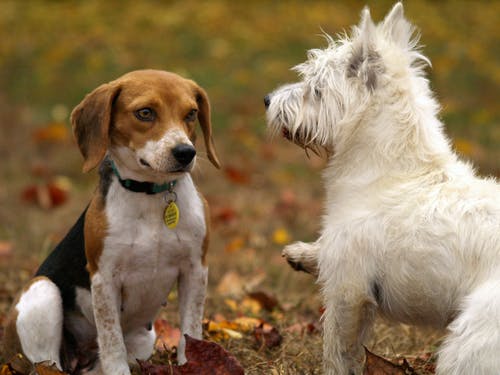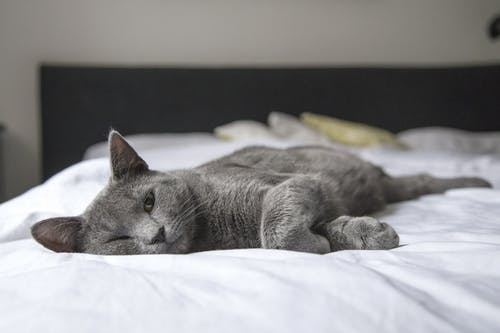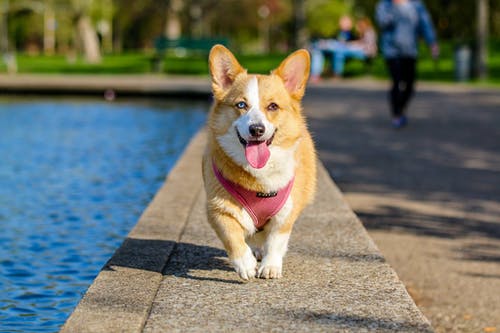Pet owners know how much joy their furry friends bring into their lives. But sometimes, that joy can be accompanied by not-so-pleasant smells. Bad breath is a problem many pet owners face, but did you know it’s often a sign of poor oral health?
In this article, we’ll explore the causes of bad breath in pets, effective oral care techniques to combat it, and the importance of proper dental care for your pet’s overall well-being.
Common Causes of Bad Breath in Pets
Poor Dental Hygiene
Like humans, pets can suffer from plaque buildup on their teeth, leading to bad breath. If left untreated, this buildup can develop into tartar, which can cause significant dental problems, including tooth decay and gum disease.
Diet and Eating Habits
Your pet’s diet plays a significant role in their oral health; some food sources may cause more lingering odors than others. A pet that scavenges for food or consumes table scraps might experience bad breath due to the rotting food particles in their mouths.
Underlying Health Issues
Sometimes, your pet’s foul breath could indicate an underlying health issue. Gastrointestinal problems, kidney disease, or infection can contribute to pet halitosis.
Proper Oral Care Techniques to Combat Bad Breath
Regular Brushing of Pet’s Teeth
Regular teeth brushing is an effective way to maintain your pet’s dental health and combat bad breath. Choose the right toothbrush specifically designed for pets, and use pet-safe toothpaste. Aim to brush your pet’s teeth daily or at least a few times a week.
Dental Chews and Toys for Pets
Dental chews and toys can be an additional measure to maintain your pet’s oral health. They work by removing plaque and food debris from your pet’s teeth while providing them with some fun and stimulation. Many types of dental chews and toys are available in the market; choose one suitable for your pet’s size and chewing habits.
Monitor your pet while using these products to avoid choking or ingestion hazards.
Homemade Dental Care Remedies
Natural breath fresheners can be added to your pet’s diet to help combat bad breath. Adding fresh herbs like parsley or mint to their food can work wonders. You can also make your own dental treats using pet-friendly ingredients. Remember always to provide your pet with fresh water to ensure proper hydration.
Diet Modifications
Switching your pet to dry food can help reduce plaque and tartar buildup, eventually reducing bad breath. Incorporate texture-rich foods into their diet to help clean their teeth naturally. Avoid giving your pet table scraps and other foods that may contribute to bad breath.
Dog and Cat Oral Health
Maintaining your pet’s oral health is essential to their overall well-being. Not only does it help keep bad breath at bay, but it prevents serious dental problems that can lead to significant pain and even impact their quality of life. A comprehensive pet oral health care routine, including regular brushing, dental chews, and a healthy diet, can significantly improve your pet’s oral health and keep their breath fresh.
The Role of Veterinary Care in Maintaining Pet Oral Health
Regular Dental Check-ups
Taking your pet to a reliable veterinary clinic, such as the Milledgeville Animal Hospital, for regular dental check-ups is crucial. These visits allow for professional dental cleaning and early detection of any potential dental problems, preventing severe issues down the line.
Wellness Plan
A comprehensive pet wellness plan that includes proper dental care is essential for maintaining your pet’s overall health and happiness. When you prioritize your pet’s oral health, you’re preventing foul breath and safeguarding them from potential pain and discomfort. To learn more about how a pet wellness plan can benefit your furry friend, consult your veterinarian.
Final Thoughts
Proper dental care for your pet goes beyond simply addressing bad breath. It plays a significant role in their overall well-being, ensuring they live a healthy, comfortable, and happy life by your side. By implementing effective oral care techniques and working closely with your veterinarian, you can ensure your furry friend’s smile stays fresh, and their dental health remains in top condition.








